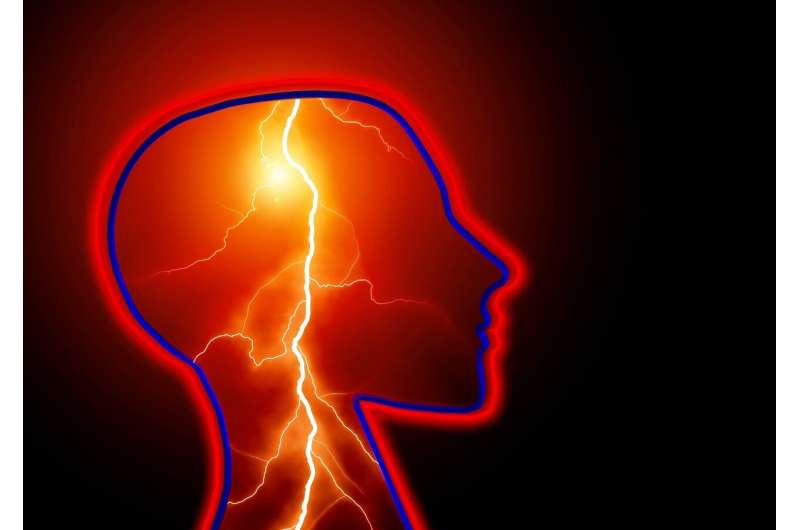
About one in three stroke survivors will experience depression in the first year after a stroke. A new study from Regenstrief Institute, Indiana University School of Medicine and University of Michigan shows two-thirds of those who screened positive for depression received no mental health treatment.
“This study shows a very significant number of survivors are not getting the help and support they need after a stroke,” said author Linda S. Williams, M.D., Regenstrief research scientist and IU School of Medicine professor of neurology. “This rate has remained low over more than a decade, despite societal changes in attitudes toward mental health treatment.”
The study analyzed data from a nationally representative sample of stroke and non-stroke patients from 2004 to 2017. The results showed that stroke patients used outpatient mental health services at a steady rate, however, the non-stroke population experienced an increase in depression treatment.
The study also revealed disparities in treatment. Older patients, men, and survivors who are Black or Hispanic were even less likely to receive treatment, and that trend remained the same throughout the duration of the study.
“Unmet needs for depression after stroke remain significant and are important because they impact stroke survivors’ quality of life and their recovery. Critical treatment gaps for vulnerable populations persist, and potential quality of care gaps may have widened between stroke and non-stroke patients,” said Dr. Williams. “We need to determine stroke survivors’ barriers to care and design interventions to address these needs, with particular emphasis on reducing disparities.”
Source: Read Full Article